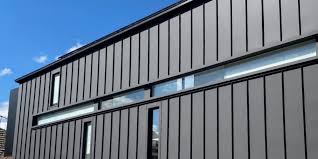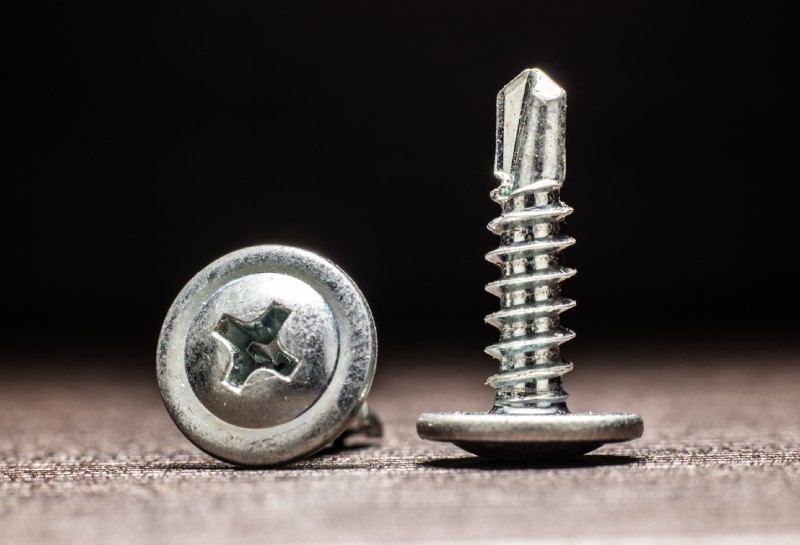A well-designed website is essential for every company or group. It serves as your online storefront and first impressions matter.
Therefore, selecting the right website designer is vital in ensuring your online presence is effective and appealing. This article will guide you through the process of choosing a website designer who meets your needs.
Understanding Your Needs
Before you search for a website designer, it’s important to understand what you need from your website. Consider the purpose of your site: Is it an online store, a portfolio, a blog, or a business site? Each type has its own requirements.
For instance, an e-commerce site needs shopping cart functionality, while a portfolio website should focus on showcasing your work beautifully.
Think about your target audience as well. Who will be visiting your site? Understanding your audience will help you convey your message effectively. Choose a designer who is experienced in creating sites that resonate with your target group.
Researching Potential Designers
Once you know exactly what you’re looking for, you can start exploring website designers. Search online for designers in your area or those who specialize in your industry. You can also ask for recommendations from friends or colleagues who have had positive experiences with designers in the past.
When researching, look at the designer’s portfolio. This collection of their previous work can give you a sense of their style and capabilities.
Take a look at the kinds of websites they’ve built before. Are they visually appealing? Do they function well? A varied portfolio showcases a designer’s adaptability and creative range.
Checking Reviews and Testimonials
Reading reviews and testimonials from previous clients can provide valuable insights into a designer’s reliability and professionalism. Look for feedback on their communication skills, adherence to deadlines, and overall satisfaction with the final product. Websites like Google, Yelp, or specialized design forums can be great resources for finding honest reviews.
If possible, contact the designer’s past clients. Asking specific questions about their experiences can help gauge whether the designer will be a good fit for your project.
Evaluating Their Skills
When choosing a website designer, it’s essential to ensure they possess the necessary skills for your project. Web design encompasses various aspects, including graphic design, user experience (UX), and technical knowledge. A good designer should understand how to create a visually appealing layout while ensuring the site is easy to navigate.
If your project requires specific functionalities, such as e-commerce capabilities or content management systems, ensure the designer has experience with those technologies. It’s also beneficial if they know search engine optimization (SEO) to help your site rank better in search results.
Discussing Your Vision
After narrowing down your choices, arrange consultations with the designers you’re considering. This is your chance to discuss your vision and see how they respond. A good designer will listen to your ideas and ask thoughtful questions to better understand your goals.
Throughout these conversations, observe their communication skills. A designer who can explain complex concepts in simple terms and who values your input is likely someone you will enjoy working with.
Good communication is vital for a successful project, as it helps avoid misunderstandings and ensures that your vision is realized.
Considering Budget and Timeline
Budget plays a key role when selecting a website designer. Be transparent about what you can spend, and request a detailed breakdown of the costs. Make sure to clarify what is included in the price, such as revisions, maintenance, and any additional features.
In addition to the budget, discuss the timeline for your project. When do you need the website completed? A professional designer should provide a realistic timeline and be transparent about their workload.
Remember that quality work takes time, so be wary of designers who promise quick turnarounds without compromising on quality.
Assessing Support and Maintenance
After your website is completed, it will require ongoing maintenance and support. Ask potential designers about their post-launch services. Will they be available to help with updates, technical issues, or changes? Understanding their support structure can save you headaches down the road.
Some designers offer maintenance packages, which can be a good investment if you anticipate needing regular updates or troubleshooting. These packages keep your website running smoothly and updated, so you can stay focused on your business.
Making the Final Decision
After you have gathered all the necessary information, it’s time to decide. Trust your instincts. Choose a Digital marketing agency whose work you admire, who communicates effectively, and who understands your vision.
A good working relationship is crucial for a successful project, so feeling comfortable with your choice is important.
Conclusion
Choosing the right website designer for your project involves careful consideration of your needs, thorough research, and open communication.
By understanding your requirements, evaluating potential designers, and discussing your vision, you can find a designer to help bring your website to life.
A well-designed website can have a lasting impact on your business, so take the time to choose wisely.Get in touch with Ascendly Marketing and Website Design today to bring your vision to life, boost your online presence, and achieve the results you’re aiming for.





